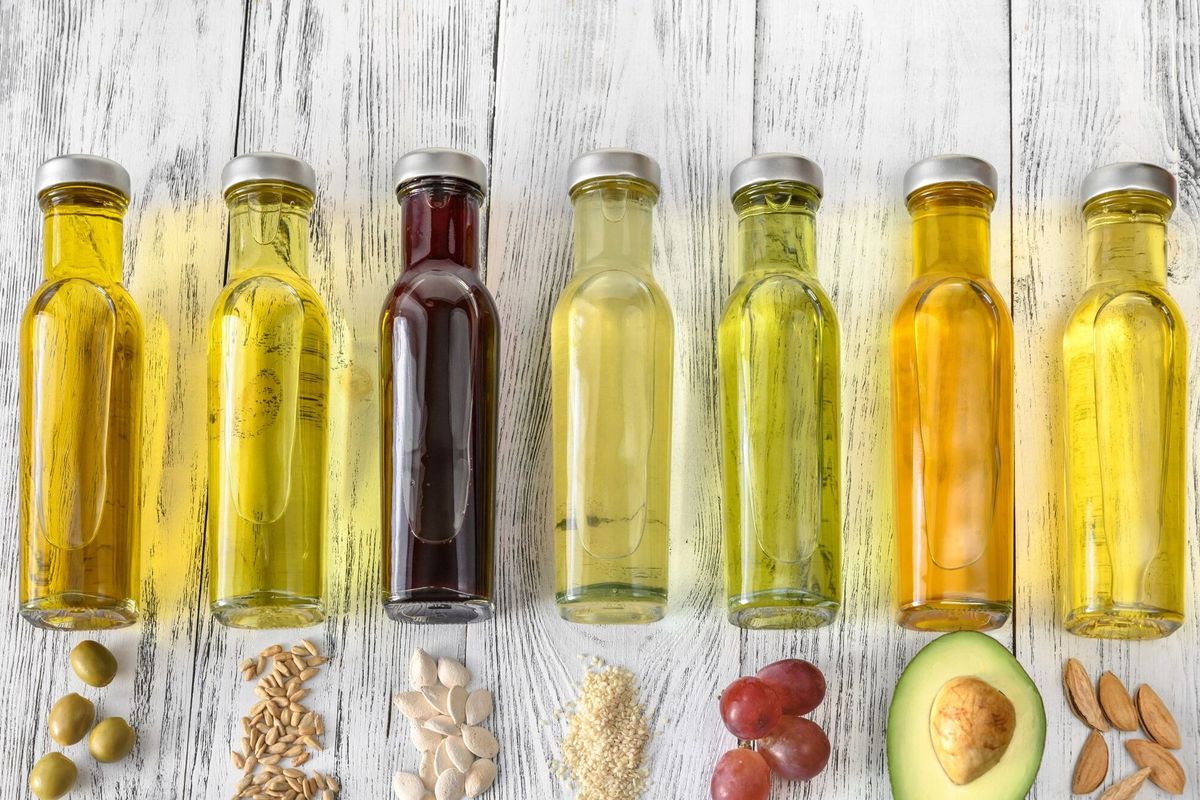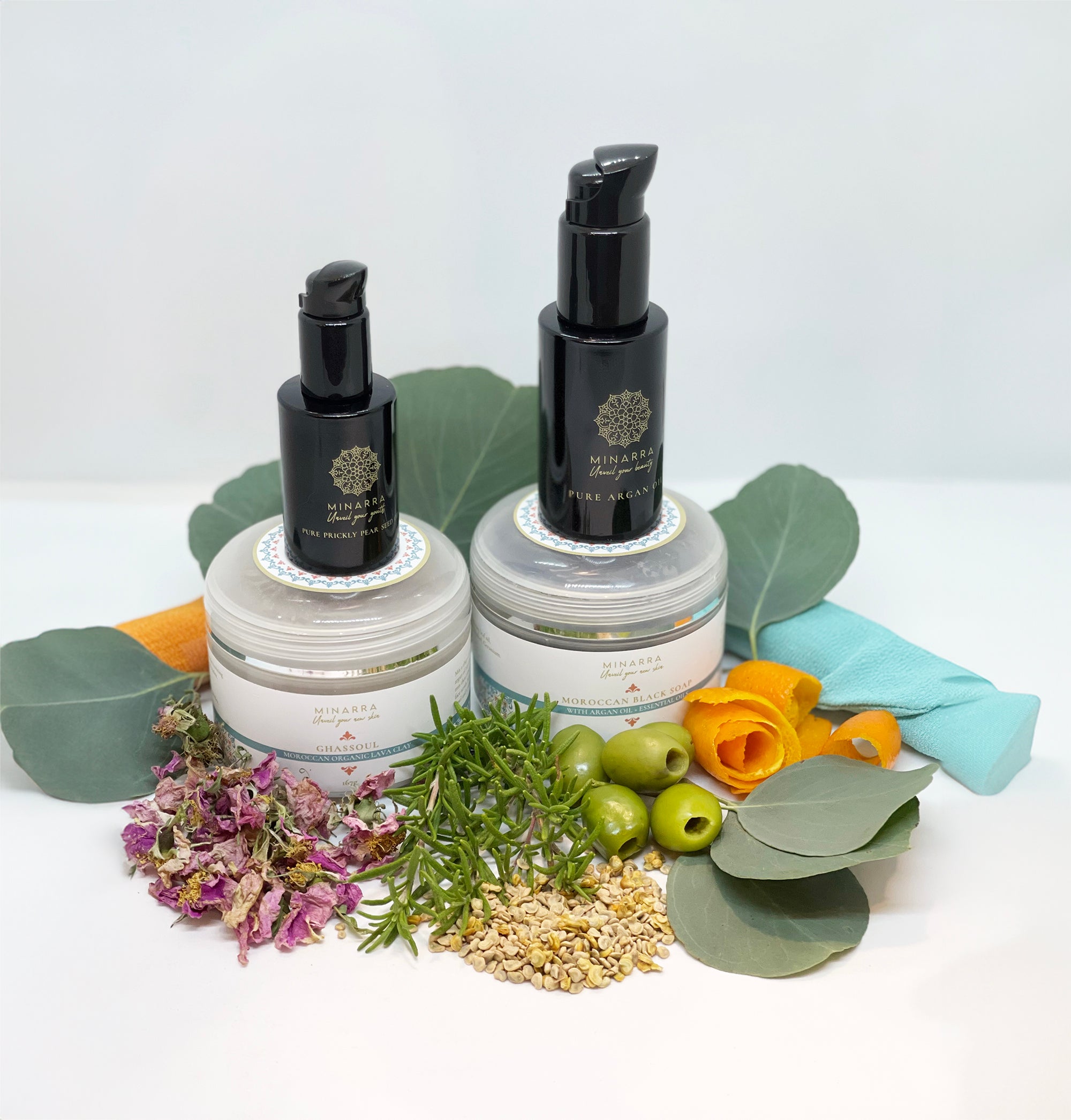Understanding Unrefined vs Refined Oils
Exploring the world of oils? Knowing the difference between unrefined and refined oils can seriously change your approach to cooking and skincare. Unrefined oils, like those cold-pressed, keep their natural flavors and nutrients intact. They’re a top choice for anyone seeking authenticity and health benefits.
Refined oils, in contrast, go through processes to strip away impurities. This gives them a neutral taste and a much longer shelf life. But why do these differences matter?
- Nutrient Retention: Unrefined oils maintain more of their original nutrients, offering a richer profile.
- Flavor and Aroma: You’ll notice a stronger, more distinct flavor and aroma with unrefined oils.
- Shelf Stability: Refined oils last longer on the shelf, thanks to the removal of impurities.
- Cooking Versatility: Refined oils often have a higher smoke point, making them suitable for high-heat cooking.
Understanding these distinctions helps in choosing the right oil for your needs. Whether you’re whipping up a skincare potion or preparing a delicious meal, knowing if your oil is refined or unrefined can make all the difference.
Extraction Methods and Their Impact
Mechanical extraction methods, like cold-pressing and expeller pressing, are key in maintaining the natural qualities of unrefined oils. Cold-pressing keeps temperatures low, below 100°F, ensuring oils retain their nutrients and flavors. This careful process preserves the oil's integrity, making it a top choice for those who value quality and health benefits. To understand more about the cultural and nutritional significance of such oils, explore Minarra's insights on the origins of Argan oil, a Moroccan treasure celebrated for its beauty and health benefits.
Expeller pressing also uses mechanical pressure to extract oil. Though it might generate more heat than cold-pressing, it still emphasizes preserving the oil's essential properties. These techniques are integral to producing unrefined oils, celebrated for their richer nutrient profiles and authentic flavors.
- Cold-Pressing: Maintains low temperatures to preserve nutrients and flavors.
- Expeller Pressing: Uses mechanical pressure, retaining essential oil properties.
- Nutritional Value: Both methods help keep the oil's natural qualities intact.
Solvent extraction, on the other hand, involves chemicals like hexane to extract oil efficiently on a large scale. This method often leads to the need for refining, which can strip away nutrients and flavors. It's commonly used for refined oils, valued for their shelf stability and neutral taste.
- Solvent Extraction: Involves chemicals for large-scale oil extraction.
- Refining: Necessary to remove impurities, enhancing shelf life.
- Neutral Taste: Result of the refining process, appealing for certain uses.
Understanding these methods highlights the effort behind high-quality oils. It explains why some oils, like Minarra's, command higher prices due to the meticulous extraction processes. Knowing how oils are extracted helps you choose the right ones for your culinary and beauty needs.
Choosing the Right Oil for Your Needs
Choosing the right oil isn't just about picking any bottle off the shelf. It’s about understanding your needs, whether you're whipping up a meal or mixing up a skincare routine. Oils come with different characteristics depending on their refinement and intended use.
Cooking with oils requires some thought. For high-heat cooking like frying or sautéing, you’ll want refined oils. These have higher smoke points, so they won’t break down under heat. Think of them as your go-to for any recipe that needs some serious heat. But if you're making a salad dressing or a gentle sauté, unrefined oils bring their rich flavors to the table. They are perfect for dishes where you want the oil's natural taste to shine.
Now, let’s talk skincare. Unrefined oils are the stars here. They retain all their nutrients, making them ideal for nourishing the skin. When you use Minarra's products, like our Prickly Pear Seed Oil, you're treating your skin to pure, nutrient-rich goodness. These oils offer hydration, anti-aging benefits, and a natural glow. It's all about enhancing your skincare routine with the best nature has to offer. For those interested in understanding more about choosing the right organic face care products, including the benefits of oils like Argan Oil and Prickly Pear Seed Oil, explore our guide on how to select organic face care products.
To summarize, choosing the right oil boils down to:
- Cooking Needs: Use refined oils for high-heat cooking; unrefined for flavor-rich dishes.
- Skincare Benefits: Opt for unrefined oils to maximize nutrients and skin benefits.
- Flavor: Consider oil's flavor profile for culinary applications.
- Nutrient Content: Prioritize nutrient-rich oils for beauty routines.
Understanding these aspects allows you to select oils that align with your lifestyle, whether it's cooking up a storm or pampering your skin.
Storing Oils for Maximum Freshness
Proper storage of oils is crucial to maintaining their quality and freshness. Exposure to air, heat, and light can lead to oxidation, causing oils to lose their beneficial properties and go rancid. Here's how to store your oils correctly:
-
Use Airtight Containers: Glass containers with tight seals are ideal. They prevent air from spoiling the oil, preserving both taste and nutrients.
-
Keep Them Cool: Store oils in a cool, dark place. A pantry or cupboard away from heat sources like stoves or sunlight works best.
-
Refrigeration for Longevity: If you don't use certain oils frequently, refrigerate them. This slows down oxidation and extends shelf life.
-
Avoid Plastic: Plastic can leach chemicals into the oil and doesn't protect well against light. Glass is a safer choice.
-
Label and Date: Always label your oils with the date you opened them. This helps track freshness and ensures you use them within their prime period.
By following these guidelines, you can maximize the longevity and effectiveness of your oils, whether for cooking or skincare. To explore how argan oil, a nutrient-rich Moroccan oil, can benefit your skincare routine, check out our detailed article on the health, skin, and hair uses of argan oil. This ensures they remain fresh, delicious, and beneficial for your culinary and beauty routines.
Key Takeaways on Oil Differences
Understanding oil differences can elevate your kitchen and beauty game. Unrefined oils are packed with natural flavors and nutrients, making them a great choice for low-heat cooking and skincare. Think of them as the go-to for adding that extra layer of health benefits to your dishes or skincare routine.
Refined oils are all about stability and neutrality. They're the champs when it comes to high-heat cooking, like frying or roasting. Their higher smoke points mean they won't break down and lose their integrity under heat, keeping your meals tasting great and safe.
Let's break down the essentials:
-
Flavor and Nutrients: Unrefined oils bring robust flavors and rich nutrients, perfect for when you want those qualities to stand out.
-
Heat Stability: Refined oils handle high temperatures better, making them ideal for cooking that requires serious heat.
-
Storage and Shelf Life: Refined oils have a longer shelf life due to the removal of impurities. Proper storage is key for both types to maintain their quality.
-
Extraction Methods: Cold-pressing and expeller pressing are preferred for unrefined oils to retain their natural quality.
Understanding these differences gives you the power to choose oils that match your lifestyle and needs. Whether you're enhancing a dish or your skin, knowing your oils helps you make confident choices.








